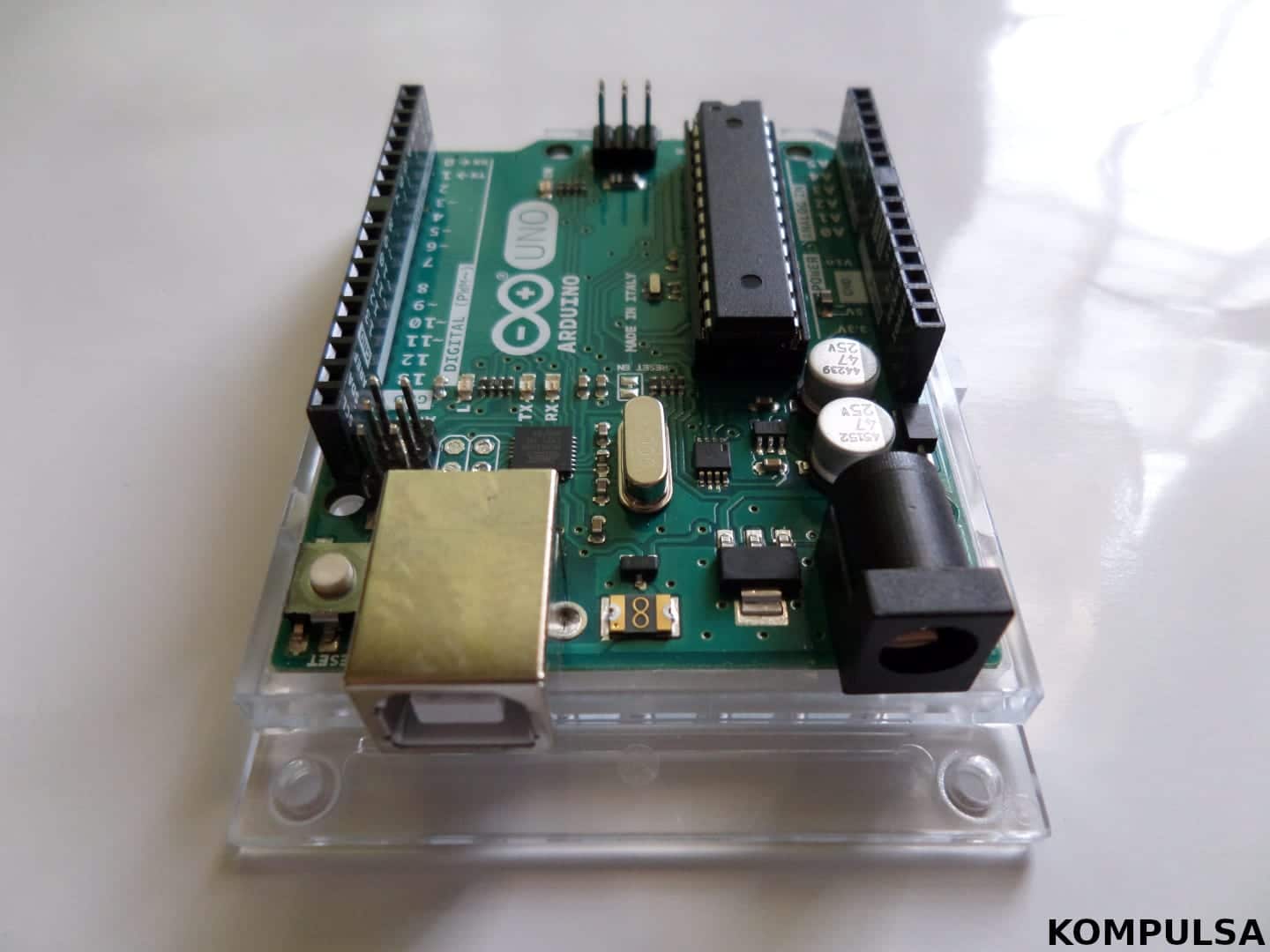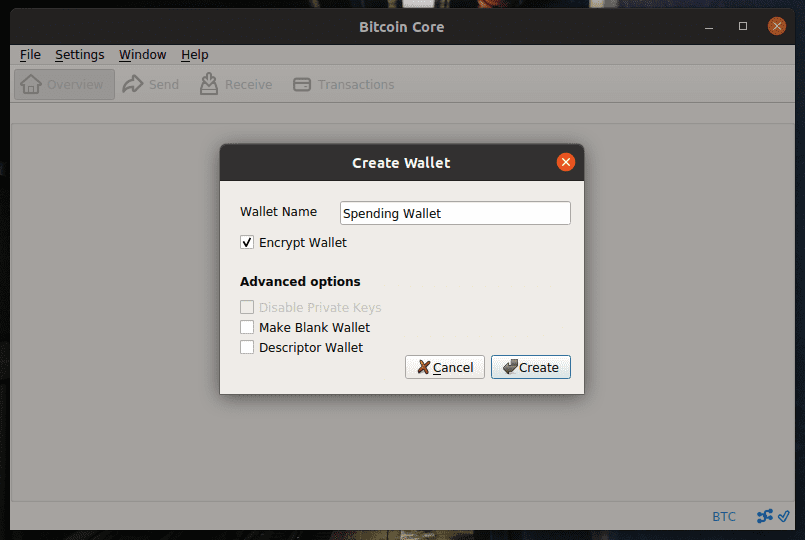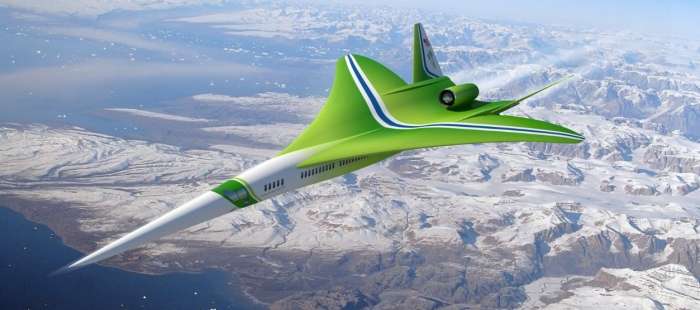Arduino, the creator of one of the world’s largest microcontroller development platforms and development kits has officially implemented support for the MicroPython framework on some of their devices. Arduino devices (in most cases) are development boards that are powered by Atmel microcontrollers. The Arduino boards provide an easy-to-use interface to developers that want to code for Atmel microcontrollers.
Arduino boards run C++, a relatively low-level programming language offering high performance and resource efficiency. However, C++ development is time-consuming because of the amount of work required to write programs with it (summary: seemingly simple tasks can require quite a few more lines of code). Micropython brings the ease of coding offered by the Python language to the Arduino ecosystem so that firmware development can be quicker and easier.
MicroPython, an implementation of the Python 3 coding language has been under development and in use by Arduino developers who chose to implement it. However, Arduino’s decision to support it in an official capacity with the Arduino IDE, documentation, and more will make it significantly easier for beginners to get started with Arduino. MicroPython support is currently available for the following boards:
- Nano BLE Sense.
- Nano RP2040 Conect.
- Portenta H7.







